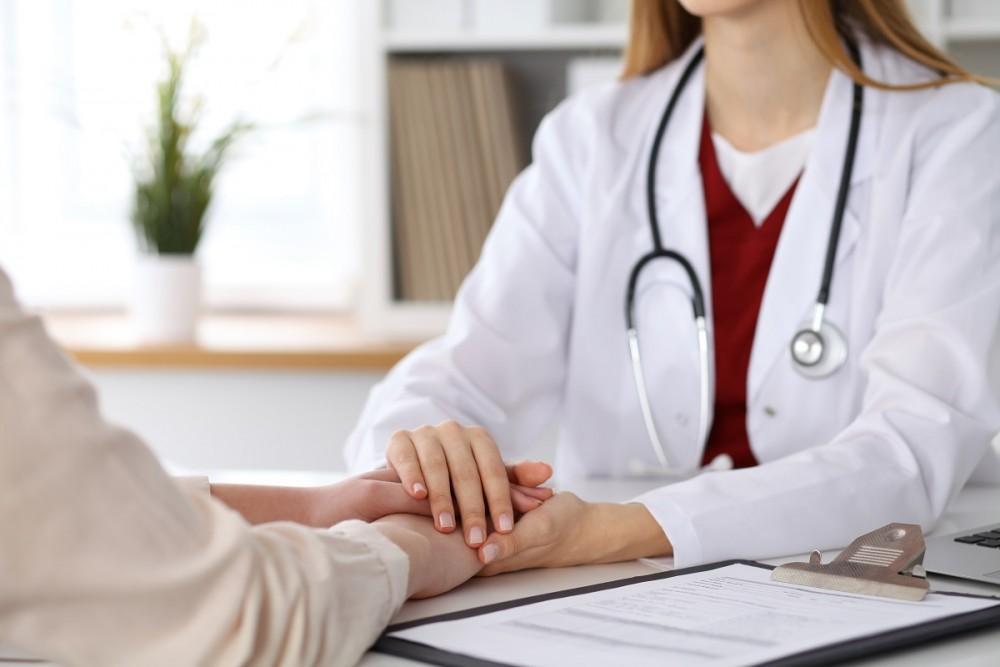
Colonoscopy-based regular screenings of colon cancer should begin at age 45 - or younger in case of certain risk factors. In comparison with no cancer screenings, colonoscopies lessen the possibilities of acquiring colorectal cancer by 31 percent and decrease the chance of dying of such cancer by half.
Colonoscopy is a significant medical test, which might aid in the prevention and detection of different colorectal diseases, such as colorectal cancer. At GastroDoxs, Dr. Bharat Pothuri and our team know that a colonoscopy theory may be a scary one.
It is all you need to know about how to prepare your first colonoscopy to ensure that it is a comfortable and fruitful experience.
A colonoscopy is a medical process whereby Dr. Pothuri uses a slender and extended pipe known as a colonoscope to inspect the inner lining of your colon (large intestine) and rectum. This is a procedure that we perform to identify and diagnose the condition of the colon that includes polyps, diverticulosis and colorectal cancer.
Dr. Pothuri is able to excise any precancerous polyps that may be detected during your colonoscopy. The examination can also assist you in treating such chronic illnesses as inflammatory bowel disease (IBD).
The initial one is booking an appointment in our office. On this visit, we talk about your medical history, any drugs you are taking and any questions you may have regarding the procedure. Dr. Pothuri and our group will give you special instructions depending on the health condition.
You usually have to put on a special diet of several days before you have your colonoscopy. Before the procedure, we suggest that the patient be on a clear liquid diet, which entails taking plain liquids like water, clear broths, and apple juice and clear gelatin only.
Prior to the colonoscopy, you are required to go without eating a certain duration and in most cases it is the entire night. This makes sure that your stomach is empty allowing less chances of complication in the procedure.
Good colonoscopy requires proper colon cleaning. In this case, we recommend a bowel preparation solution that will enable you to do this at GastroDoxs. You should be careful with the steps, because this will guarantee you a clean colon and Dr. Pothuri can be able to inspect your colon.
And, in case you have any other conditions that you have to take any medications, we should consult our office regarding any changes that should be made before the procedure. In other instances, some drugs might have to be discontinued or modified temporarily.
As you are sedated through the procedure, you cannot drive away. Make a friend or family member pick you at the facility and stay with you until the drug effects have passed off.
In case you are to have a colonoscopy or you have to book one, we can help you to complete the process and ask any questions you have at GastroDoxs.
The steps to be undertaken in the preparation of colonoscopy will be a success after following the steps that were outlined in this guide. You should not hesitate and ask our advice and support to make the experience as comfortable as possible. Make your first appointment with us today by calling or even using this site.
Some of the preparation involves observing a clear liquid diet the day before the operation and administration of bowel-cleansing solutions. Do not consume hard foods or some types of medicine as prescribed by your doctor.
In the case of a first colonoscopy, it is usually advised that one remains fast and cleanses their bowel and discontinues some medications. The process is normally prescribed at age 45 years or below in case of risk factors.
Enquire about dietary limitations, bowel prerogative, sedation, possible risks, and the recovery anticipations. Knowing about the way it works can alleviate the worry prior to the process.
A colonoscopy is not a very painful procedure because it is normally accompanied by sedation to ensure that the patients feel comfortable. Others might have some mild bloating or cramping following the procedure but the discomfort is normally minimal.
The bowel movements are clear or yellowish liquid that does not contain solid particles, which empty your colon. Bowel preparation is a requirement to get good results in the process.